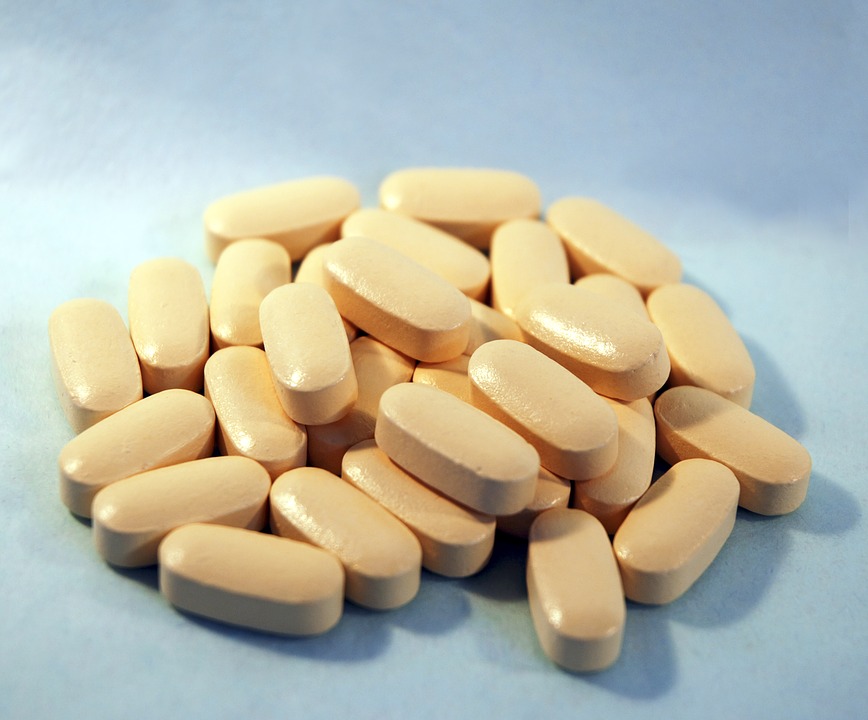
Here is a very interesting bit of research. Last year there was a study conducted at the University of Kentucky, College of Arts and Sciences. It was examining the connection and possible overlap between physical pain and emotional pain. This particular study had 62 participants who were filling out the “Hurt Feeling Scale,” a self-assessment tool that measures an individual’s reaction to distressing experiences. In addition, the study was using doses of the active ingredient in Tylenol, acetaminophen, as art of its protocol.
The researchers separated the study volunteers into two groups. The first group, after filling out their self-assessment tools, were given 1,000 mg of the acetaminophen. This is a dose that is equal to one Extra Strength Tylenol. The control group, however, received a placebo instead of the acetaminophen.
The finding from this study showed that the control group without the acetaminphen, after three weeks, did not experience any change in the intensity of "hurt" feeling during the three week period. However, the group that did receive the active ingredient reported a noticeable reduction of "hurt" feelings on a regular, day-to-day basis.
The outcomes were so interesting that the researchers started a second study cohort group of 25 different volunteers, but this time upped the amount of acetaminophen to 2,000 mg daily and added computer games that were designed to create social rejection and a feeling of isolation in the participants. Also new to the study was MRI scans, which were able to identify when the participants had feelings of social rejection.
Now here is the "gold" of this research–the outcomes demonstrated that the area of the brain where emotional discomfort is felt is the same location where the physical pain is experienced. This would explain why the group that was taking the acetaminophen, while having not physical pain reported less feelings of hurt and rejection than the group that was not taking the acetaminophen but rather a placebo substance.
Geoff MacDonald, PhD, an associate professor of psychology at the University of Toronto, who is an expert in romantic relationships, co-authored this study. MacDonald states that our brain pain centers cannot tell the difference between physical pain and emotional pain.
So, while Tylenol is not recommended to be used routinely as it can lead to liver and digestive system disturbances, knowing that it can take away the pain of a broken heart, it may soon be that our therapists as well as our physicians will recommend that we “take two Tylenol and call me in the morning” for heartache as well as for headache!
FREE Whole Health Consultations available.
888-354-4325 Take charge of your health!
References
Medical News Today: http://www.medicalnewstoday.com/releases/227298.php http://web.psych.utoronto.ca/gmacdonald/Research%20Interests.html

